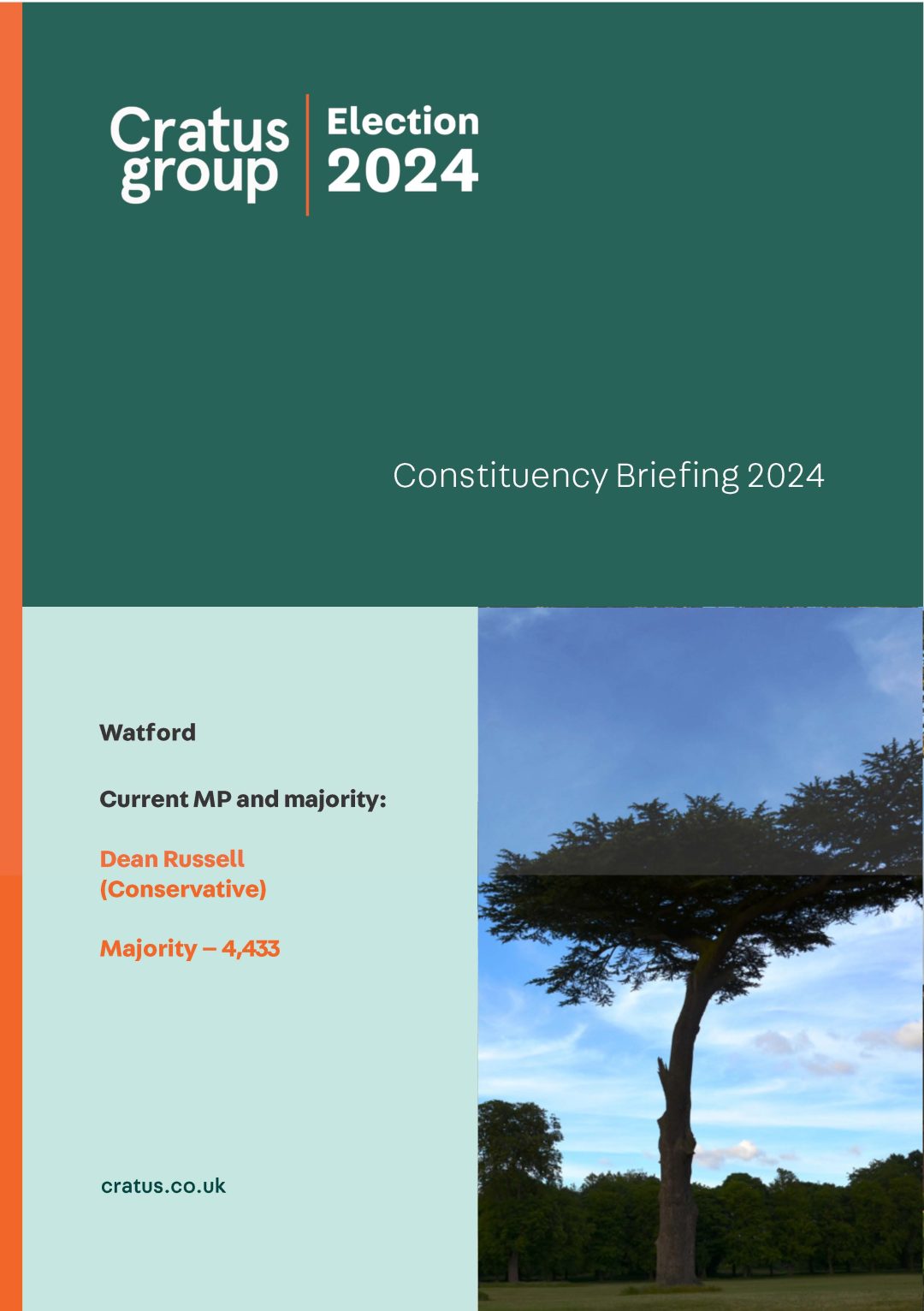Are housing targets too high?
Across the country, COVID-19 has brought many aspects of life screeching to a halt. For councils and the development industry, this has been particularly apparent in the progress of Local Plans, which have been put on hold while consideration is given to how to carry out hearings.
Interestingly, there is also now a trend beginning to emerge amongst opponents to Local Plans not yet adopted, arguing that housing numbers need to be revised down. Whether attributed to the Coronavirus, Brexit, or a combination of other factors, the refrain is now that housing targets are too high.
This thinking is flawed on a few different fronts. Firstly, there is no indication yet that the need for new homes is going to fall away. Projections made by the Office for National Statistics expect the UK’s population to grow by an average of 300,000 per year over the next ten years. And generally, people are living longer with many choosing to remain in their own homes.
Secondly, there is already pent up demand for places to live in this country. Between 2000 and 2017, there was a cumulative building shortfall of nearly 96,000 homes in the South East and a staggering 343,436 homes in London. According to the National Institute Economic Review, the ratio of UK housebuilding to population growth from 1991 to 2014 was just 0.46 – meaning that less than half the required number of new homes were built. Whether as a home to buy or a home to rent, there is still a significant demand for more places to live.
Thirdly, even though the economy will undoubtedly be impacted heavily in the short-term, this dip is unlikely to diminish the need for thousands of new homes over the course of the next ten to fifteen years.
At Cratus, we stress the importance of Local Plans being drawn up with proper consultation with the local community to understand the true need for homes and infrastructure in the area. Too often the ‘community voices’ being raised around the future of an area’s development end up being drawn from a narrow band of existing homeowners. The views of those unable to get on the property ladder, or even find somewhere affordable to rent, frequently do not get heard. There may be some instances where housing numbers need to be adjusted – however, it is vitally important that councils and developers reach out to a truly representative range of residents. This means going beyond the traditional means of engagement and using innovative and digital tools to ensure that Local Plans are truly representative.
Cratus Engage, our digital consultation tool, is designed to work as part of a wider engagement strategy and consultation website offer. You can find out more here: https://www.cratus.co.uk/digital-consultation







